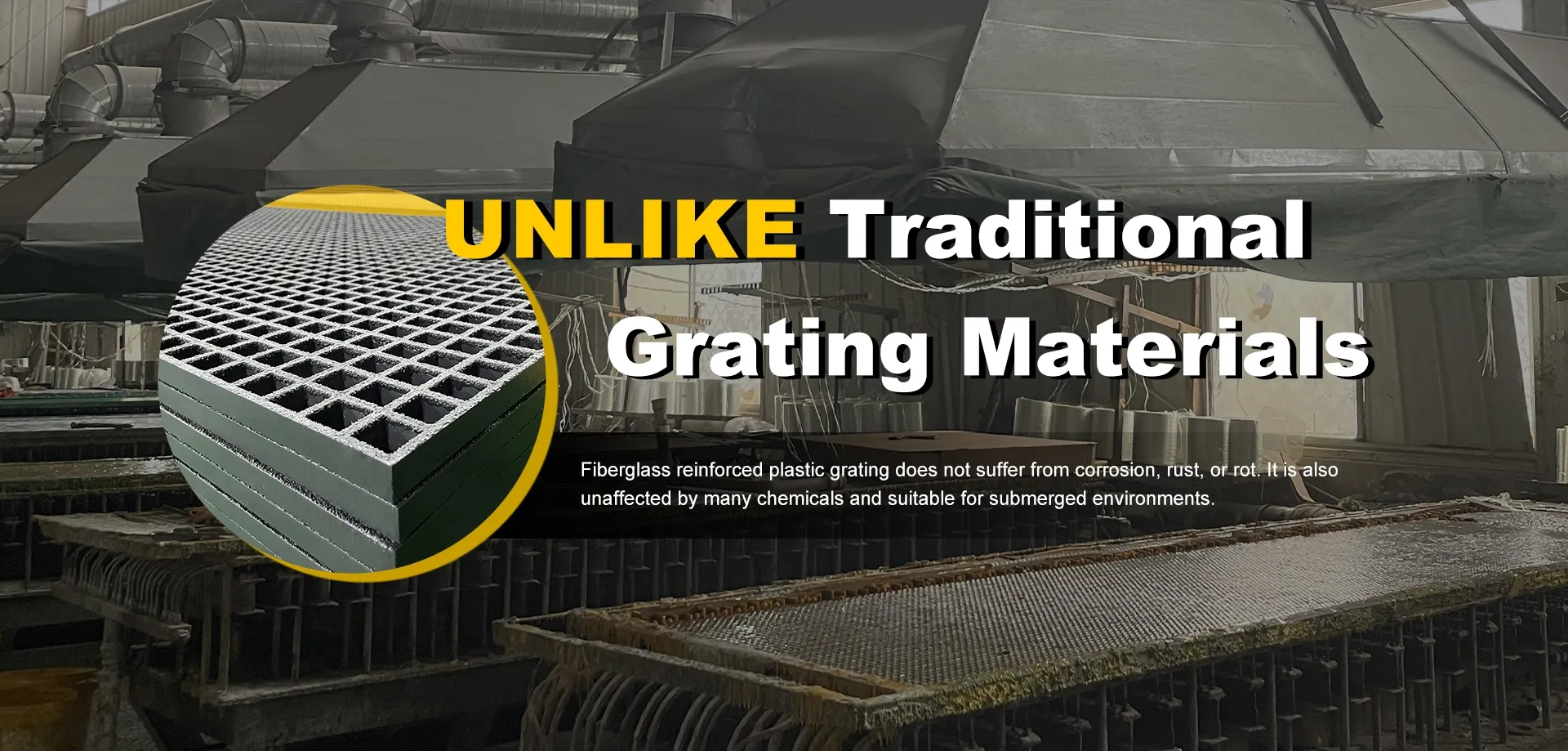loading...
- No. 9, Xingyuan South Street, Dongwaihuan Road, Zaoqiang County, Hengshui, Hebei, China
- admin@zjcomposites.com
- +86 15097380338
- Welcome to visit our website!
Choosing the Right Water Softener System for Your Home Needs and Benefits
Understanding Water Softener Systems A Comprehensive Guide
Water softener systems have gained popularity in households across the globe as an effective solution to combat the problems associated with hard water. Hard water, which contains high levels of minerals like calcium and magnesium, can lead to a variety of issues, including scale buildup in pipes, reduced efficiency of appliances, and even skin irritations. In this article, we will explore what water softener systems are, how they work, their benefits, and considerations for choosing the right system for your home.
What is a Water Softener System?
A water softener system is a device designed to remove hardness-causing minerals from water, replacing them with sodium or potassium ions. This process significantly reduces the mineral content in the water, thus softening it. Water softeners can be found in various forms including ion-exchange systems, salt-free systems, and dual-tank softeners, each offering unique features and benefits.
How Does a Water Softener Work?
The most common type of water softener is the ion-exchange system. This method involves passing hard water through a tank filled with resin beads that are charged with sodium ions. As the hard water flows through, calcium and magnesium ions are attracted to the resin beads and exchanged for sodium ions. The process not only reduces the hardness of the water but also helps to prevent scale buildup in pipes and appliances.
After a certain period of use, the resin beads become saturated with calcium and magnesium ions. At this point, the system goes through a regeneration cycle where a brine solution (water mixed with salt) is flushed through the resin tank. This process replenishes the sodium ions and removes the accumulated hardness minerals, allowing the softener to continue its function effectively.
Benefits of Using a Water Softener
1. Improved Appliance Longevity One of the main benefits of using a water softener is the increased lifespan of home appliances. Hard water can cause scale buildup in water heaters, dishwashers, and washing machines, leading to decreased efficiency and potential malfunctions. By softening the water, homeowners can extend the life of their appliances.
2. Enhanced Cleaning Efficiency Soft water allows soaps and detergents to lather better and rinse away more effectively. This means that laundry, dishes, and surfaces can be cleaned more thoroughly, reducing the need for harsh chemicals and improving the overall cleanliness of the home.
3. Skin and Hair Benefits Many people who use softened water report improvements in their skin and hair. Hard water can lead to dryness and irritation, but soft water is gentler, leaving skin feeling hydrated and hair softer and more manageable.
water softener system

4. Reduced Scale Buildup A water softener helps prevent scale buildup in plumbing. This not only enhances water flow but also lowers the risk of clogs and costly plumbing repairs.
5. Environmental Impact By improving the efficiency of appliances and reducing the need for harsh chemicals, water softeners can have a positive impact on the environment, promoting sustainability in household practices.
Choosing the Right Water Softener System
When selecting a water softener system, several factors should be considered
- Water Hardness Level Testing your water to determine hardness levels will guide you in choosing an appropriate system. The higher the hardness, the more powerful the softener you may need.
- Household Size Consider the number of people in your home as this influences daily water consumption. Larger households may require a system with a higher capacity.
- Salt vs. Salt-Free Systems Depending on dietary preferences or health concerns, you can choose between traditional salt-based systems or salt-free alternatives, which use different methods like template-assisted crystallization.
- Cost and Maintenance Evaluate both the initial investment and the ongoing maintenance costs. Some systems may have higher upfront costs but lower maintenance requirements in the long run.
Conclusion
Water softener systems provide a practical solution to the challenges posed by hard water. From preserving the lifespan of appliances to improving cleaning efficiency and enhancing personal care, the benefits are widespread. When considering a water softener for your home, take the time to research and choose a system that best fits your specific needs, keeping in mind water hardness, household size, and personal preferences. With the right water softener, you can enjoy the advantages of soft water and improve your overall quality of life.
-
The Rise of FRP Profiles: Strong, Lightweight, and Built to LastNewsJul.14,2025
-
SMC Panel Tanks: A Modern Water Storage Solution for All EnvironmentsNewsJul.14,2025
-
GRP Grating: A Modern Solution for Safe and Durable Access SystemsNewsJul.14,2025
-
Galvanized Steel Water Tanks: Durable, Reliable, and Ready for UseNewsJul.14,2025
-
FRP Mini Mesh Grating: The Safer, Smarter Flooring SolutionNewsJul.14,2025
-
Exploring FRP Vessels: Durable Solutions for Modern Fluid HandlingNewsJul.14,2025
-
GRP Structures: The Future of Lightweight, High-Performance EngineeringNewsJun.20,2025
